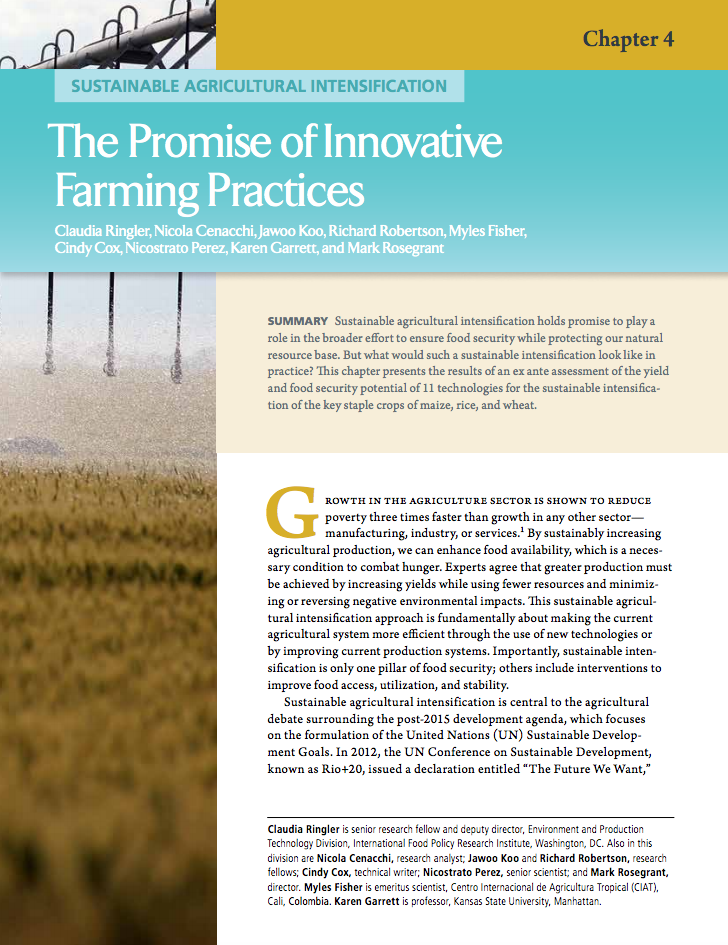Strategies for sustainable agricultural development in the East African highlands
Low agricultural productivity, land degradation and poverty are severe interrelated problems in the East African highlands. While the proximate causes of such problems are relatively well known, the underlying causes are many and complex, and depend upon many site-specific factors that vary greatly across the diverse circumstances of the region. In this paper, we argue that the appropriate strategy for sustainable development depends greatly upon the “pathways of development” that are feasible in a given location.






